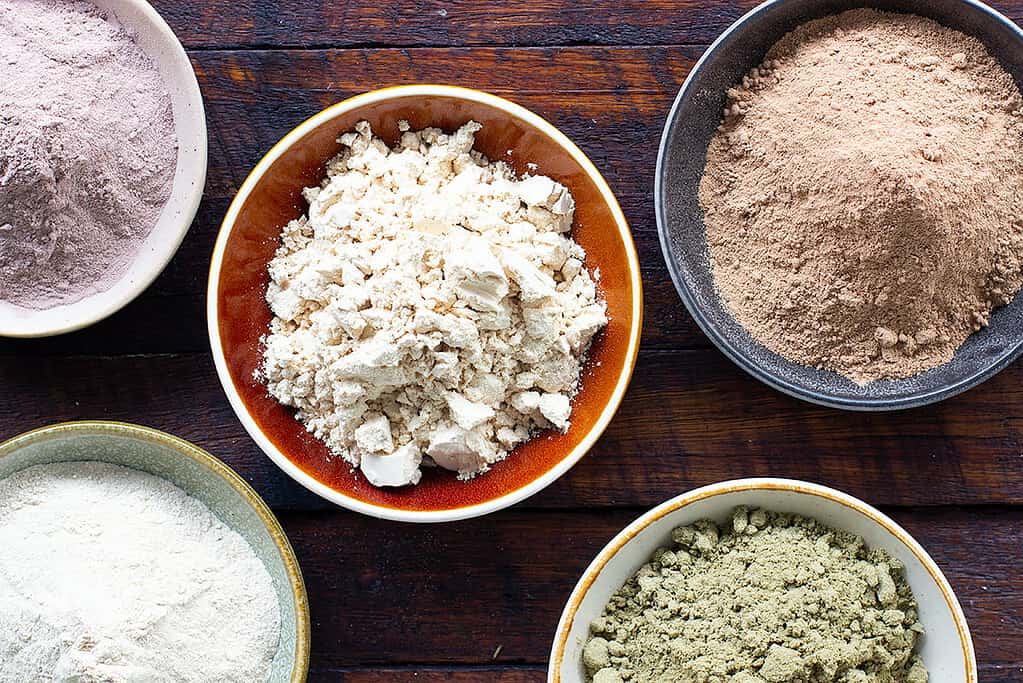
With the popularity of dairy free protein powders and plant based diets I thought it an apt time to discuss the best vegan plant based protein powders on the market. These vegan plant based protein powders have been chosen due to their high use in The JCN Clinic by our Nutritionists and our clients. They have been heavily tried and tested giving us confidence in the vegan protein powders that have made this list in a highly saturated market. If I have not however mentioned a vegan plant based protein powder that you think deserves a mention, please let me know in the comments below, as it’s a great way of sharing user feedback in this space.
what amino acids are plant based vegan protein powders low in?
Lysine and methionine are in the majority amino acids that are lower in vegan plant based proteins in comparison to animal based protein powders (whey and egg for example). Across the board there is less variability between plant-based vegan protein and animal-based proteins with amino acids isoleucine, valine, histidine, phenylalanine and threonine.
Hemp protein powder
Hemp protein powder is rich in the majority of essential amino acids though studies show hemp protein is lacks in providing an adequately rich and rounded amino acid source on its own (low in amino acids lysine and leucine). This is not a major concern unless you are relying on hemp protein as your main protein source, especially in regards to muscle recovery. As long as your dietary intake is rounded with a variety of protein sources then generally you will be making up for the lower lysine and leucine elsewhere. However, it is worth noting for the purpose of this blog post.
Hemp protein powder also provides some essential fats. 30 grams of hemp seeds contains 14 grams of fats, with a large amount of this coming from omega 3 and omega 6. Hemp protein powder is also a good source of fibre with 30 grams providing approximately 5 grams fibre. 30 grams of hemp protein powder provides around 13 grams protein. As hemp protein is not as highly processed as its vegan counterparts, it tends to be a little lower in protein per gram.
Generally hemp protein powder is bought plain flavoured with no other added ingredients making it a good choice for those with sensitive digestive systems (though some can have issues with the fibre content with microbiota imbalances). Plain flavoured hemp protein powder is a great protein powder option to add to smoothies, baking and balls. Texturally hemp protein brands vary from a little gritty to quiet fine, so look for a brand that works best for you.
The JCN Clinic’s Nutritionists favourite hemp proteins are:
- The Source Bulk Foods Hemp Protein Powder
- Hemp Foods Australia
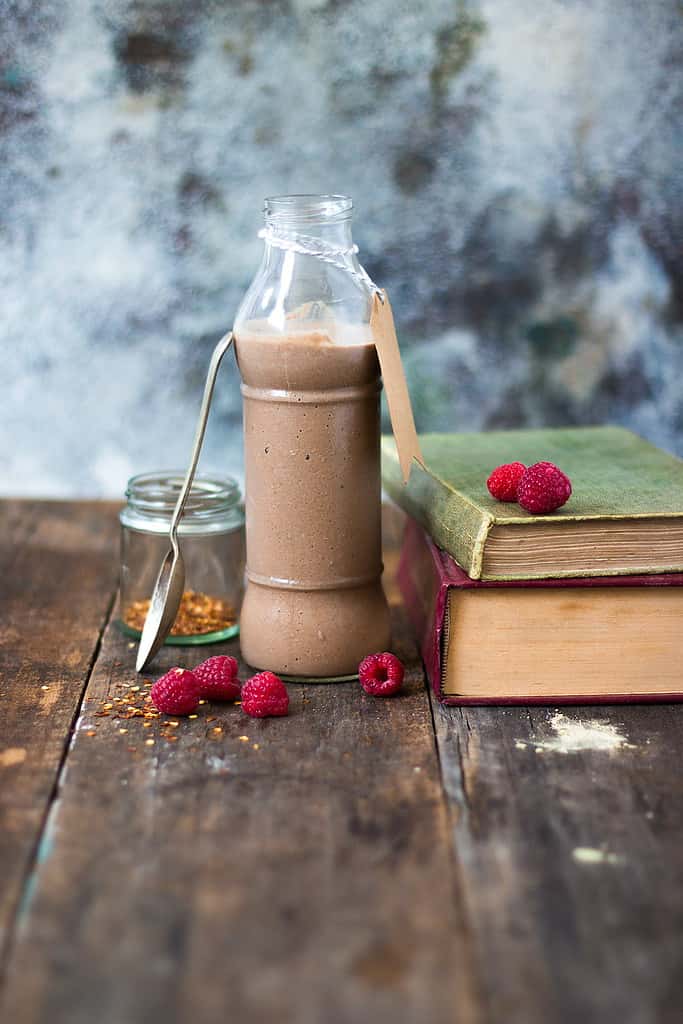
Pea Protein Powder
Pea protein powder has developed a reputation for being ‘chalky’ in texture. I find as always, it comes down to certain brands that do pea protein better than others as far as texture goes. Pea protein is of course sourced from peas. Nutritionally, 30 grams of pea protein powder provides 25 grams of protein, significantly more than the aforementioned hemp protein. It is quite low in carbohydrates and fibre. Pea protein is higher in BCAA (branch chain amino acids) required for muscles fibres than hemp, rice or soy protein.
Pea protein is sold as pea protein isolate and also as bio-fermented pea protein. Clinically I have found that the bio-fermented pea protein can be at times aggravating to sensitive digestive systems, especially those with dysbiosis and SIBO. Some people with FODMAP sensitivities also struggle with fermented pea protein. Pea protein isolate tends to a lot more tolerable due to the lack of fermentation. Many pea protein powders also have added ingredients that are fermentable carbohydrates such as inulin, globe artichoke powder, fermented grains and so on that additionally become problematic for a sensitive gut. In saying this, if your gut can handle these added prebiotics then go to town, as they are certainly beneficial as microbiota fuel.
The JCN Clinic’s Nutritionists favourite non fermented pea proteins are:
- NuZest Clean Lean Protein
- Designer Physique Protein Powder (Tony Sfiers)
- Vital Protein
The JCN Clinic’s Nutritionists favourite fermented pea proteins are:
- Tropeka
- Raw Amazonia
- WelleCo Protein Powder
- PranaOn
- VIVO Active (blended with rice protein)
Kissed Earth (blended with fava bean protein)
Need personalised nutrition advice catered to your needs?
If you are after personalised nutrition advice and dietary planning individualised to your health and dietary needs then contact us at The JCN Clinic with your enquiry. We are always happy to answer any questions you have!
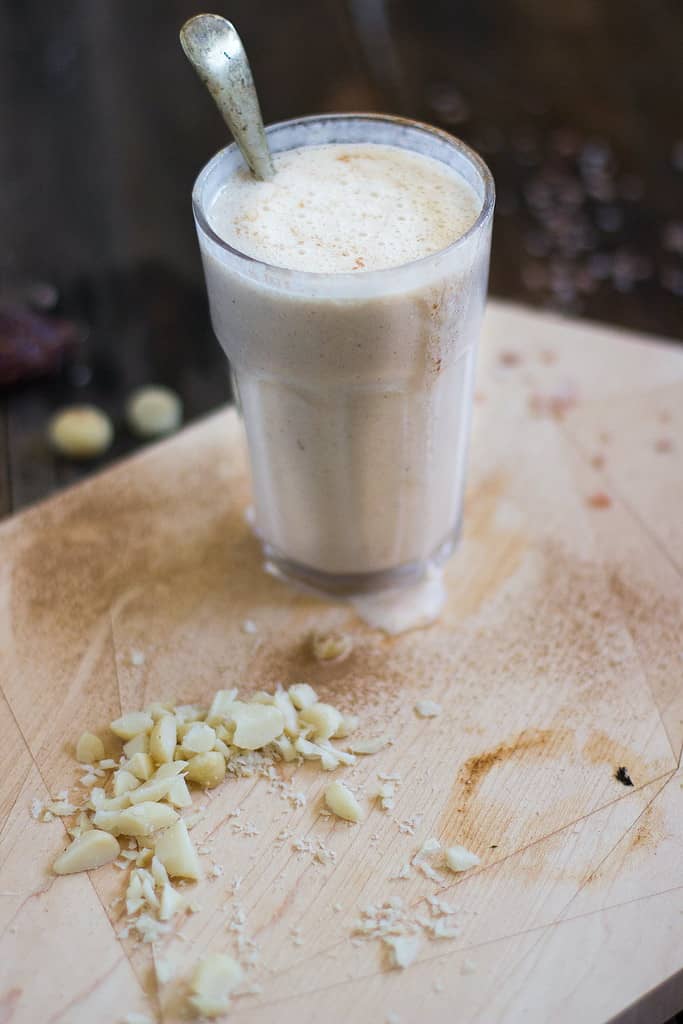
rice protein powder
Rice protein powder is made from brown rice and is usually sold as bio-fermented. As it is not legume based the protein does not seem to cause as many digestive upsets as pea protein, often being labeled therefore as hypoallergenic. It is also very low in fibre and carbohydrates. Per standard 30 gram serve rice protein will give you approximately 23 grams of protein. Rice protein will not provide all of our essential amino acids in one serve (it is low in lysine and valine), however when used as part of a meal with other plant based proteins you will tend to cover this the full spectrum of amino acids easily. For instance, you can combine your rice protein in a smoothie with chia seeds for some of the amino acids that rice protein is missing. Rice protein is also rich in sulphur amino acids cysteine and methionine.
Texturally rice protein is quite gritty, which is why it is often combined with other vegan protein powders for a more palatable finish. That being said there are some brands that sell straight rice protein powder that are useful for those who are hypoallergenic and need a low reactive protein powder.
The JCN Clinic’s Nutritionists favourite rice proteins are:
- Designer Physique Protein Powder (Tony Sfiers)
- VIVO Active (blended with rice protein)
- Sun Warrior
soy protein powder
Soy protein can be purchased as soy protein isolate and is a common ingredients used in pre-package protein bars, both vegan and non vegan blended with whey protein. Soy protein is low in methionine and a little lower in BCAA than pea and rice protein, which are building block for muscle fibres. Soy protein however is higher in amino acid lysine, which has strong anti-viral properties. Per 30 gram serve soy protein provides 23 grams of protein. 30 grams of soy protein also provides 20% of your daily intake of iron, phosphorus, copper and manganese.
Soy protein is also rich in isoflavones and coumestans, phytooetrogens that modulate oestrogen and push oestrogen metabolites down more preferential pathways. You can read more about soys phytoestrogen activity here. Within The JCN Clinic our nutritionists may utilise soy protein powder as part of a whole food diet when working with hormonal imbalances or problems clearing oestrogen (seen the use of the functional DUTCH test).
Soy protein powder is a lot creamier in finish that any of the aforementioned vegan protein powders. It blends extremely well into smoothies and is one of the most palatable vegan protein powder options if you struggle with texture. Please purchase organic soy protein powders to ensure GMO free.
The JCN Clinic’s Nutritionists favourite soy proteins are:
- Designer Physique Protein Powder (Tony Sfiers)
a round up of nutritionist approved vegan plant based protein powders
So that is a round up of our favourite plant based vegan protein powders at The JCN Clinic. As nutritionists who work heavily with gut health issues we tend to use a lot of plant based protein powders with our clients. Clinical experience has shown us at JCN that no one size fits all, as always the case with diet. Certain people do well on all of these protein powders with no noted issues whilst others have to be really careful with which ones they use. At The JCN Clinic our role is to help you figure out which plant based vegan protein powder will suit you alongside a comprehensive dietary plan. With so many choices on the market this can often be a sigh of relief for our clients!
If you have a vegan protein powder that you swear by, I’d love to hear from you below in the comments section. We are always eager to hear what everyone else is using and what you find works best for you.
Jessica Cox is a qualified practicing Nutritionist with a Bachelor Health Science (Nutrition) and over 15 years of clinical experience. She is the founder and director JCN Clinic, published author and established recipe developer. Jessica is well respected within health and wellness space for her no fad approach and use of evidence-based nutrition.


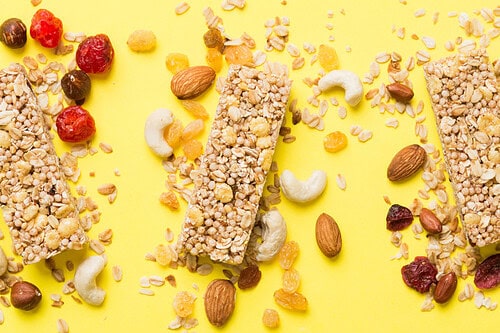
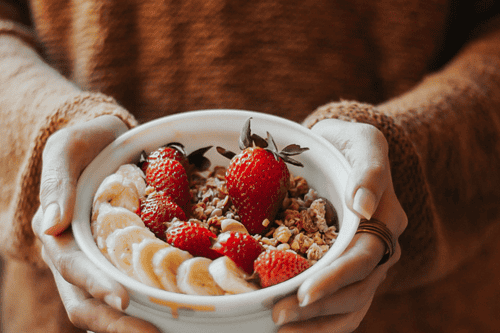

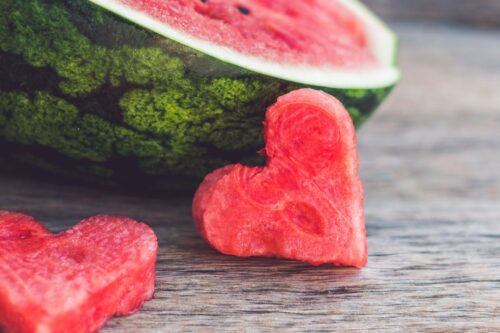
Have you ever tried BareBlends?
I haven’t actually but I am aware of it. They do some good whey proteins (non dairy free) but I also know they do some df ones too. Just haven’t tried them – they so some nice blends of simple rice protein and pea protein for instance.
Thank you, Jessica for another informative and easy to understand post!
Do you have any tips on choosing a plant-based protein powder for kids, please? Are any of the above suitable for little tums?
I’m currently using Nutra Organics Thriving Protein for the kids (pea & brown rice) and Amazonia Raw for myself. But I’d like to just share mine with them, although I find it too confusing to work out which one is best for whom!
Hi Lauren! Glad you enjoyed the post -thanks for letting me know. 🙂 I think as far as kids go its best to go these are all fine, but I do prefer the plain proteins without any added sweeteners and herbs etc. Basically just ensure its not a major reliant for protein in a kids diet. Added to a smoothie or used in some snacks is fine but still part of a diverse diet for them. The main difference between the kids Thriving Protein and the Amazonia Raw is that the Raw has added pre-biotics and natural sweeteners and some… Read more »
Great, thanks so much!!
Hey Lauren, I give my child Power Plant Protein by PranaOn and based on the ingredients I believe it’s safe for her.
Great article, though I find stand alone plant protein powders to be grainy and gritty. I am a huge fan of PranaOn, especially their new and improved range. It’s a combination of pea, rice and Fababean protein (the pea protein is not fermented like their previous formula). They’ve also added digestive enzymes and vegan probiotics which makes this gentle on my digestion, great for my gut and I get zero bloating. The texture is smooth, creamy and the flavours are not too overpowering or artificial like some other brands. I like that it’s low carb and has no added sugar… Read more »